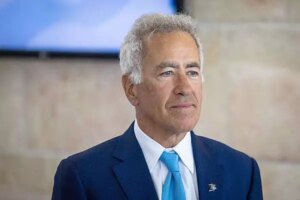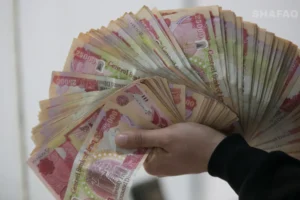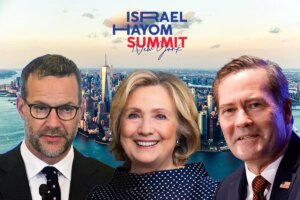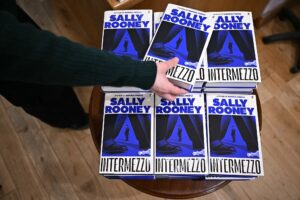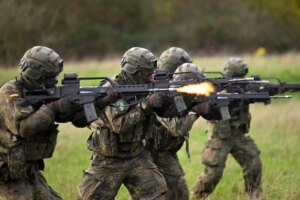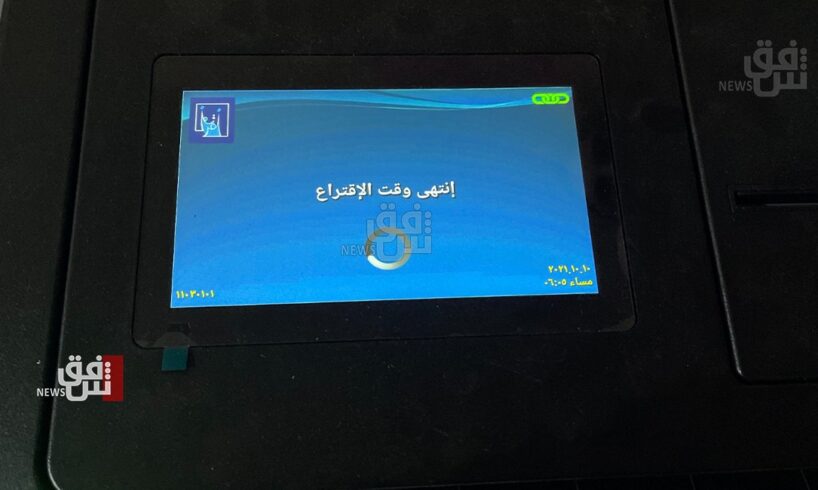
Shafaq News
With the parliamentary elections scheduled for next November, scenes of
political disagreement and tension are once again emerging in Iraq—both among
rival political forces and within individual alliances.
These disputes are tied to the underlying struggle for power and
interests amid complex political, security, and economic conditions, turning
the electoral process into a critical test for Iraq’s political class and its
ability to renew its legitimacy.
Analysts are divided between those who view such disagreements as a
natural aspect of democratic systems and those who warn that they may evolve
into tools of “defamation and exclusion,” ultimately draining the elections of
their democratic substance.
Questions are also being raised about the implications of government
support for certain blocs, the role of external interests, and the cohesion of
current alliances—despite official confirmations that the elections will
proceed on schedule, regardless of ongoing tensions.
Political Defamation
Political affairs researcher Wael al-Rikabi states that the Iraqi
political scene typically sees an intensification of disputes among political
forces ahead of each electoral cycle, whether within individual
components—Shiite, Sunni, or Kurdish—or between them, noting that “this
competition is natural in a democratic context.”
Al-Rikabi told Shafaq News that the real risk arises when such
competition turns into “political defamation,” which, in his view, neither
serves the public nor fulfills the popular demand for change. Rather, it
transforms elections into a battle, rather than a transparent democratic
contest.
He explained that some parties have come to approach the elections with
an exclusionary mindset, rejecting the emergence of new political figures or
forces. This, he said, reflects fears of losing influence and financial
privileges, stressing that the upcoming elections will, at their core, be about
“political capital,” making the stakes particularly high: loss of both financial
gain and political position.
Al-Rikabi added that while these conflicts may appear political on the
surface, their underlying dimensions are economic, especially considering the
diminished opportunities to control resources in the event of electoral failure.
On the security front, Al-Rikabi affirmed that most political factions
are working to preserve stability and foster a positive environment that
encourages voter turnout, particularly among those disillusioned with the
process. However, he pointed to the presence of “parties that benefit from
chaos and sectarianism,” though “a minority incapable of influencing the
broader scene.”
Regarding rumors of a dispute between Prime Minister Mohammed Shia
al-Sudani and State of Law Coalition leader Nouri al-Maliki, Al-Rikabi
downplayed their significance, stating they are “not major and cannot impact
the electoral process or the country’s stability,” especially given that both
parties are committed to Iraq’s security and electoral transparency.
He also ruled out the possibility of postponing the elections, saying,
“There is no justification for a delay. The security situation is stable,
funding is available, and the Electoral Commission has completed its tasks and
approved the names of the blocs and candidates.”
Foreign Interference
Ibrahim al-Sikeni, a member of the State of Law Coalition, also denied
any intent to postpone the vote. He confirmed to Shafaq News that “the
elections will be held on schedule, and this is not just a political decision,
but one that reflects the will of the people,” adding that the electoral
process represents the core of the country’s democratic system.
However, al-Sikeni revealed that “hidden hands” are working to undermine
the unity of the Shiite Coordination Framework, pointing to efforts by the
United States and the United Kingdom to weaken the political forces leading the
government. “These countries are fueling internal divisions and pushing a
narrative that the Framework is incapable of governing.”
He also indicated that there are clear attempts to fragment the national
front by targeting the Coordination Framework, emphasizing that the group
remains committed to the democratic political process, which continues to have
the support of the people. “We will not abandon it, regardless of the
pressure.”
Conflicting Interests
While al-Sikeni highlighted foreign pressure aimed at dividing the
Framework, other analysts argue that tensions extend beyond it, touching on the
broader political alliance landscape.
Political affairs researcher Nawal al-Musawi explained that the growing
rifts among Iraqi political forces stem from electoral competition and
conflicting interests, often centered around power, control, and unequal access
to resources.
Al-Musawi told Shafaq News that many of these tensions currently focus
on the Prime Minister, noting that his public support for candidates affiliated
with his bloc and the granting of “special privileges” have stirred discontent
within parts of the Coordination Framework, deepening intra-bloc tensions.
Regarding the alliances declared ahead of the elections, Al-Musawi
asserted that they are “mostly temporary” due to what she describes as
“internal contradictions” among their member parties. She suggested these
alliances may not endure competitive pressure if member parties resort to
political maneuvering or deceit.
“The main goal of these alliances is to secure political interests, even
if wrapped in rhetoric about understanding and consensus,” she said,
emphasizing the need to monitor political behavior closely to prevent
competition from escalating into conflicts that could undermine electoral
stability.
